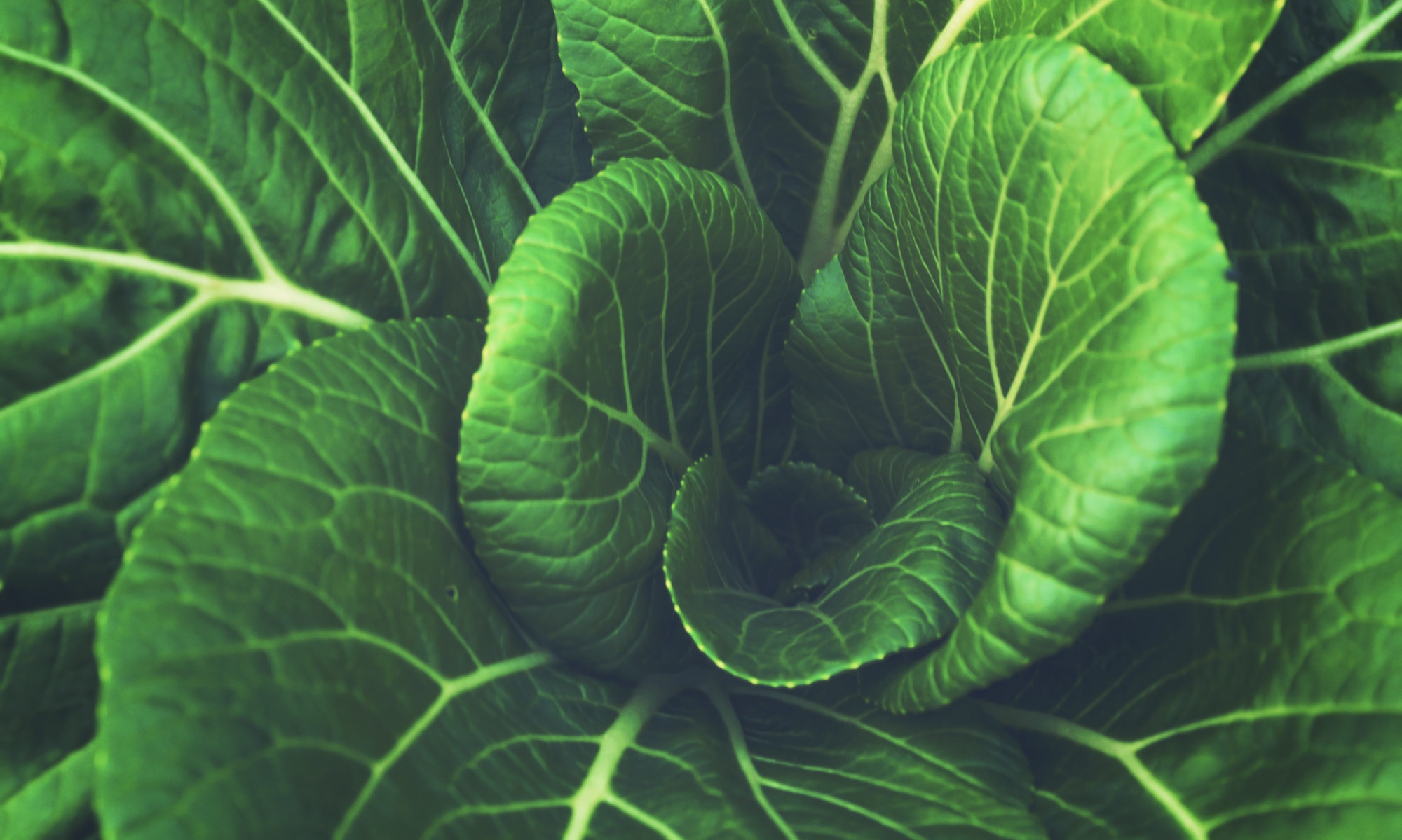The Domestication Checklist
But what makes pigs and cows easy to domesticate? Why not rhinos and deer? This is because several conditions have to be met for animals to surrender control of their lives to mankind:
- Diet (Biomass): The biggest reason large carnivores were not domesticated by humans is because they needed too much food to grow. This is due to the trophic level of carnivores. The animals we eat today eat plants. Since plants produce the energy, there is only one step where energy can be lost: digesting the plant. For carnivores, energy is lost both when their prey eats plants and when the carnivore eats the prey. There is about a 10% energy conversion rate at each step. Therefore, it would take 10 times the amount of grass to create an adult carnivore when compared to an herbivore’s needs.
- Growth Rate: Animals that grow too slow are not good for human needs. Slow growing animals require too much time and energy for the resources they provide. Waiting 10 years for a couple pounds of elephant meat is not the best use of anyone’s time.
- Mating/Stress Behavior: Some animals simply would rather die than be domesticated. Take deer, for example: when deer are trapped in enclosed spaces like farms, a genetic stress response gets triggered. The frightened deer will bash itself into the fence over and over until it dies of exhaustion. This obviously is bad news for new farmers.
- Social Structure: If humans wanted to domesticate animals, they had to be adapted for living in close proximity to one another. On top of that, for humans to be able to raise the animals, they must imprint on their owners. Both of these factors indicate the ideal domesticated mammal must naturally be a social species.
These requirements explain why so few mammals were domesticated around the world. If any of these factors were not met, humans would be unable to exploit them for food and work.
As these new farming technologies began to grow in popularity, more and more humans began to settle into villages. Slowly village life became just as viable as hunting and gathering. Since farming provided more calories per hour of work, families were able to grow larger than hunting and gathering usually allowed. This is important because something unexpected was about to happen: climate change.



4 Replies to “Human Civilization: The Next Step Forward”
Comments are closed.